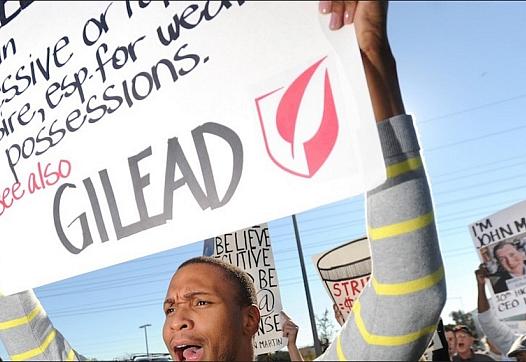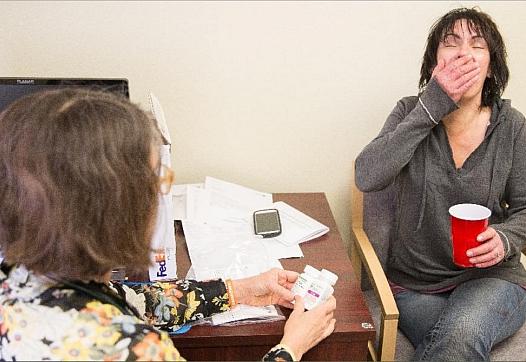
While innovation will spur many changes in health care, current trends may also create unwelcome developments. Dr. Monya De offers her first five of 10 predictions on what medicine will look like in the decades to come.

While innovation will spur many changes in health care, current trends may also create unwelcome developments. Dr. Monya De offers her first five of 10 predictions on what medicine will look like in the decades to come.

Thoughtful comparisons can make all the difference for your audience. For example, the threat of Ebola in the U.S. seems scary until you compare it to drunk drivers, who killed 12,000 in the U.S. in 2014. Ebola killed two.

The Portland Tribune's Peter Korn, a 2009 National Fellow, recently took a look at Oregon residents who've turned to unconventional treatments, and their difficulties in finding doctors who will work them. Korn says this is a story that could be easily localized by reporters elsewhere.

Victims of the Affordable Care Act's "family glitch" include the Devors family of Salem, Ill., who now find themselves caught in a dire health crisis, without adequate coverage.

Do patient satisfaction scores encourage doctors to deliver better care — or do they lure them into gaming the system? A recent study looked at the link between patient experiences and health care outcomes.

California has the worst air in the nation. Yet in the Los Angeles region, home to some of the country’s foulest air, kids are now breathing considerably easier. Wait — how does that work?

What looks like a straightforward framework to protect California’s budget from escalating drug costs has policy experts perplexed, and potential allies on the sidelines.

Despite recent cost-cutting measures, California’s spending on pharmaceuticals has gone up, and so has the number of pricey drugs it is covering. It’s not clear state agencies have the means to balance drug cost pressures with the best interests of patients, taxpayers and public health.

HIPAA was designed to protect what’s called “protected health information.” But a rising chorus say the law has been too widely applied and now poses serious barriers to health information for doctors, patients and journalists alike.

While nearly half of Florida's kids rely on Medicaid, the program has battled persistent problems that have often left children without proper care. Reporter Maggie Clark of the Sarasota Herald-Tribune shares five key lessons from her reporting deep-dive.